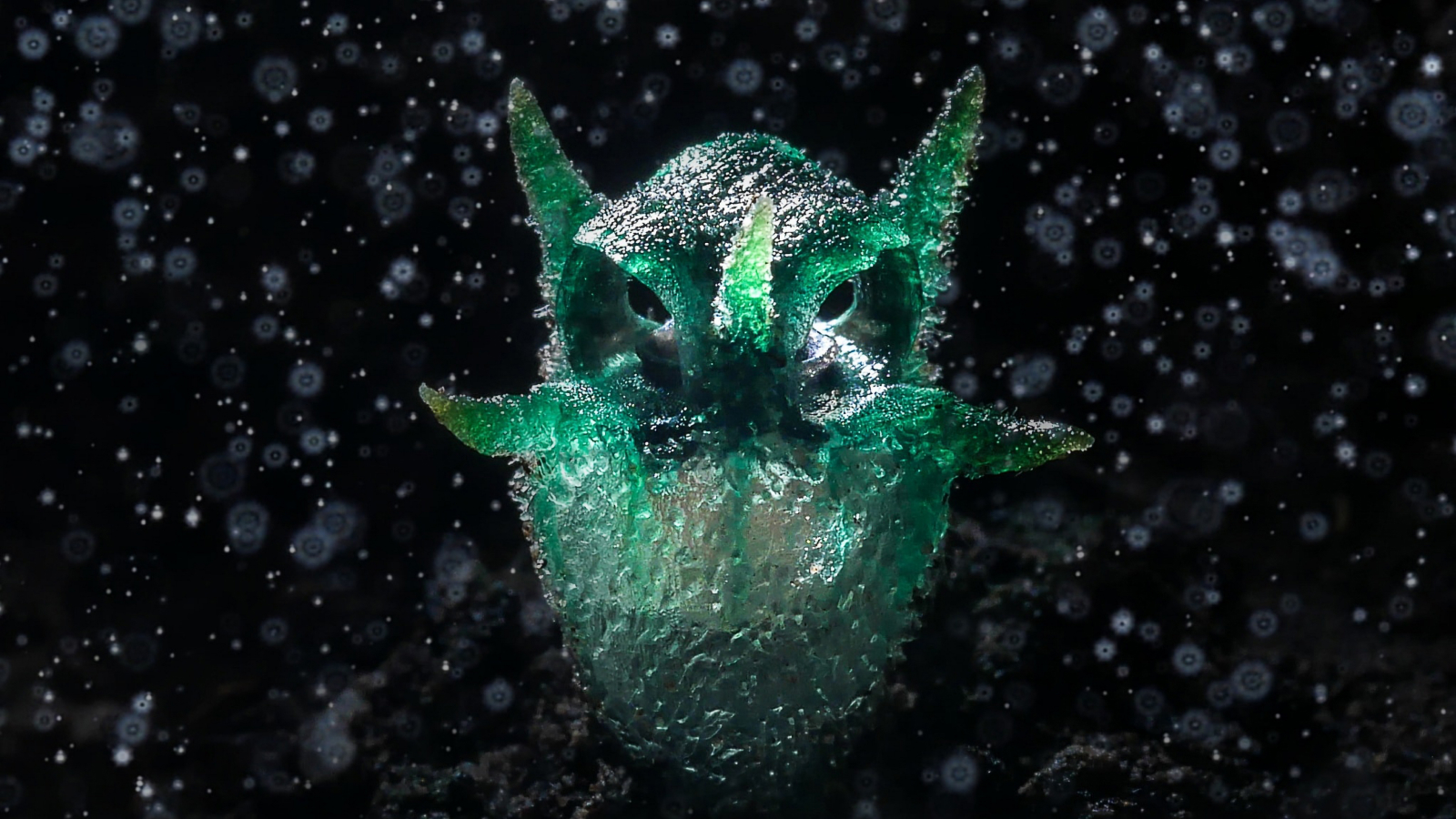Processes, Vol. 11, Pages 3204: Impact of Carbon Nanotubes and Graphene Oxide Nanomaterials on the Performance and Emissions of Diesel Engine Fueled with Diesel/Biodiesel Blend
Processes doi: 10.3390/pr11113204
Authors: Medhat Elkelawy El Shenawy A. El Shenawy Hagar Alm-Eldin Bastawissi Mahmoud M. Shams
Biodiesel produced from waste cooked oil (WCO) resources mixed with various nanoparticle additives and used as a fuel blend in diesel engine combustion is a hopeful research trend. All previous studies indicate that alternative fuels can provide better fuel properties with enhanced engine combustion, performance, and lower emissions than fossil diesel fuel. This study uses three fuel blends to compare the diesel engine’s combustion, performance, and emissions attributes at different loading values. Pure diesel fuel, B40, which is a blend of 40% WCO biodiesel and 60% diesel fuel, and mixtures of 40% WCO biodiesel, 56% diesel, and 4% toluene with carbon nanotubes (B40-CNTs) or graphene oxide nano-additive (B40-GO) at three concentrations of 50, 100, and 150 ppm were used. The results show enhancements in the diesel engine attribute values using B40-CNTs and B40-GO blends at different concentrations and engine load values better than the diesel engine attribute result values using B0 or B40 without nanoparticle additives. The combustion, performance, and emission attribute showed improvements using nanoparticles due to the increase in the evaporation rate, the oxygen rate, the surface area to volume ratio, and the thermal properties of the mixture. The highest in-cylinder peak pressure is recorded at 61 bar in B40 with 150 PPM of GO nanoparticles. The brake thermal efficiency records 43.6%, with the highest percentage found using B40-150GO at the maximum engine load value. The NOx emissions are dropped from 1240 PPM using pure diesel fuel to 884 PPM using B40 with 150 PPM of GO nanoparticles at the maximum engine load due to the lower combustion temperatures and duration.

 6 months ago
19
6 months ago
19


